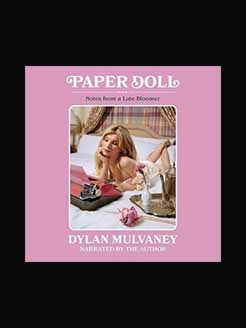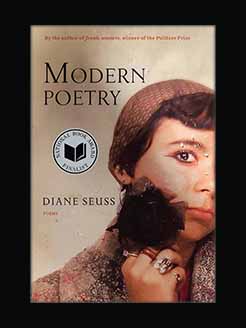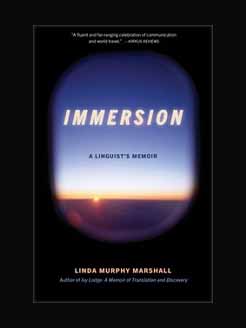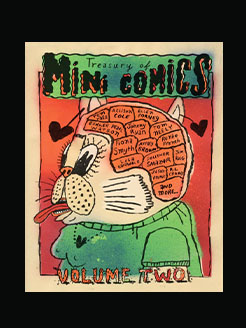Published in 2017 (first published 1989)
295 pages
Svetlana Alexievich was born in Ivano Frankivsk, Ukraine. Her father was Belarusian and her mother Ukrainian. Alexievich grew up in Belarus, where both her parents were teachers. She studied to be a journalist at the University of Minsk and worked a teacher, journalist and editor. In Minsk she has worked at the newspaper Sel’skaja Gazeta, Alexievich’s criticism of the political regimes in the Soviet Union and thereafter Belarus has periodically forced her to live abroad, for example in Italy, France, Germany and Sweden.
Svetlana Alexievich depicts life during and after the Soviet Union through the experience of individuals. In her books she uses interviews to create a collage of a wide range of voices. With her “documentary novels”, Svetlana Alexievich, who is a journalist, moves in the boundary between reporting and fiction. Her major works are her grand cycle Voices of Utopia, which consists of five parts. Svetlana Alexievich’s books criticize political regimes in both the Soviet Union and later Belarus.
In 2015 Ms Alexievich was awarded the Nobel Prize for Literature.
What is this book about?
The haunting history of the Soviet-Afghan War from the winner of the Nobel Prize in Literature 2015
– A new translation based on the updated text –
From 1979 to 1989 Soviet troops engaged in a devastating war in Afghanistan that claimed thousands of casualties on both sides. While the Soviet Union talked about a ‘peace-keeping’ mission, the dead were shipped back in sealed zinc coffins. Boys in Zinc presents the honest testimonies of soldiers, doctors and nurses, mothers, wives and siblings who describe the lasting effects of war. Weaving together their stories, Svetlana Alexievich shows us the truth of the Soviet-Afghan conflict: the killing and the beauty of small everyday moments, the shame of returned veterans, the worries of all those left behind. When it was first published in the USSR in 1991, Boys in Zinc sparked huge controversy for its unflinching, harrowing insight into the realities of war.







